Zoë Dawes IS The Quirky Traveller. She hails from England but has lived overseas in several countries and travelled through dozens more. In today’s interview Zoë talks about the best and worst aspects of the countries she’s lived in, her favorite places, and what exactly ‘quirky travel’ is. Let’s see what she has to say:
Q1: You’ve lived in and traveled through many countries around the world over the years. How and when did you catch the ‘travel bug’?
It started when I was very young. My Great Grandfather lived all over the world and we grew up with objects, photos and paintings from his travels all over the house. Then my aunt gave me a copy of the Larousse Encyclopedia of Mythology and I was fascinated by black & white photos of China, India, Greece and so many other countries.
Q2: You lived in Greece for 4 years. Please tell us about that: Why Greece? What were you doing there?
My second holiday abroad was to Corfu and I simply fell in love with the country, scenery and people. I had studied Greek Literature at school and my name, Zoë, is Greek for ‘life’, so maybe it was destiny. At the age of 27 years I left behind a fiancé and a secure job to teach English as a Foreign Language in Athens – and set off an a journey that is still ongoing.
Q3: Please tell us a few of the best and worst aspects of living in Greece.
The best things: the people, climate, culture, way of life, and the everyday of being there. The Greeks have a word ‘Kefi’ meaning ‘spirit or enjoyment of life’ – maybe that’s why I loved it.
The worst things – the pollution and noise in Athens, the bureaucracy, luke warm food (this was the 80s), having to share a taxi, and mosquitoes.
Q4: What top places do you recommend people visit in Greece and why?
It’s changed a lot since I lived there with so many islands getting airports and bringing in hordes of tourists all year round. I still visit but avoid high season and the crowded resorts. Crete has everything you imagine Greece to be – ancient ruins, great holiday resorts, mountain villages and enough space to escape. Northern Greece still retains a traditional feel. But if I had to recommend one area it would be the Peloponnese, where the ‘real’ Greece can still be found.
Q5: Later, you lived in Hong Kong and Singapore for several years. How long did you live there? What were you doing?
When I got back from Greece I couldn’t settle, so I decided to go abroad again. My grandmother had lived in Hong Kong so there were family connections. Initially I worked for the Government on a project in local HK schools, but I left after a year and got a really interesting job at HSBC as manager in the Training Resources Department. I left after 3.5 years and moved to Singapore where I ran a Public Speaking agency for 6 months before finally returning to the UK.
Q6: Please tell us a few of the best and worst aspects of living in HK and Singapore.
I loved the culture and history of both places and in HK had a great opportunity to learn new skills and expand my work experience. In Singapore the mixture of races and cultures was fascinating and the food in both places was fantastic.
However, I really didn’t like Hong Kong – a place of money-making that seemed to change many people almost as soon as they arrived. It’s got a lousy climate – hot and humid in summer and cold, rainy and foggy the rest of the year. And the noise … 24/7 nonstop.
In a way I enjoyed Singapore more, even though its equatorial heat took some getting used to. But the regimented control from the Government meant that it lacked some soul and spontaneity, and I got into trouble being too outspoken against some of the regime’s more extreme policies, so it was probably best that I left when I did.
Q7: What are your 3 favorite places in Asia and what’s the appeal?
Nepal is without doubt my favourite place, not just for the spectacular natural scenery, but also the beautifully delicate wooden architecture and the lovely people. I stayed a week in Pokhara. We did a bit of gentle wandering and sitting contemplating life.
Thailand was just opening up and I visited very often. I think of it as the Greece of Asia. The beaches, smiling people, temples, green, sights, smells and food – the best in the world. My fav place was Kanchanaburi region with the lovely Erawan waterfalls and nearby Khmer temple complex.
It’s difficult to choose a third – so many- but probably Borneo. Walking to the Niah caves through primary rain forest is one experience I will never forget.
Q8: You’re currently based in Cumbria, England. How long have you been there? Why Cumbria?
We moved up here 15 years ago when my son was a baby. I’m from the north of England and fell in love with the Lake District when I was a child. At present we live on the Lancashire/Cumbria border which is great for travelling south and all over NW UK. There is so much to see here – the scenery is some of the most beautiful in Europe and I like the slower pace of life. Plus it’s a great place to bring up a child.
Q9: Nowadays, many travel bloggers are traveling indefinitely, living a nomadic lifestyle. Would you ever like to live/travel that way? Or do you prefer having a home base and making shorter trips out from there? In either case, why the preference?
Even when I was younger I was never a real nomad. I like to get a base in one place and then explore out from there. I think that living abroad in one place for a while is the best way to get a real feel for the culture and customs of a region and also to make friends with locals and foreigners living there. I suppose that is what I am really interested in, rather than the experience of peripatetic travel. Each to their own!
Q10: What’s your favorite type of travel? Ideal length of trip, destinations, activities, accommodation, etc. Why the preferences?
Nowadays I don’t like to be away too long as my son is at school and I want to be around for him. I love long weekends to get a flavour of a place, but to really relax I need two weeks with not too much going on! Most places in the world are fascinating, but at the moment I am discovering Scandinavia, which is a new area for me. I’m always interested in the people, food, history and culture of the places I visit. I like to read up about places. I love maps, wandering about, and stopping to enjoy the scenery, sights and sounds of a place. I do like my comforts now, so a small friendly hotel with its own identity and a touch of luxury is perfection!
Q11: ‘Quirky’ travel can mean a lot of different things, as you mention, including: “unusual, inspiring, thought-provoking, fascinating- and plain bonkers stuff.” Do you have a favorite type of quirky travel?
Getting off the beaten track, seeing sights that are not in the guide book, finding a quaint museum, a tiny chapel, a café that has home-made cakes are things that make quirky travel special. Being able to stand and gaze in awe at a waterfall or stained glass window is the epitome of quirky travel for me.
Q12: What’s up for you and The Quirky Traveller during the rest of 2012?
There are lots of exciting things in the pipeline for this year. I’ve been booked to deliver a series of workshops on travel blogging and writing, and I’m offering Social Media coaching – that way I can fund some travels and help others to develop their skills.
I’m researching a book on out-of-the-way places in Cumbria and will be giving some talks on Quirky Travel in the UK and possibly America. There are a number of trips being planned including sailing along the Scottish coast on a Tall Ship, a jazz festival in Copenhagen and possibly Bhutan, one of the countries I’ve always wanted to visit.
But what I really love about my life now is that I really never know what is just around the corner, so who knows what will turn up next?
————————————————————————————————–
Thanks Zoë for giving us insights into living overseas and quirky traveling.
Follow Zoë:
twitter: quirkytraveller
facebook: TheQuirkyTraveller
LinkedIn: TheQuirkyTraveller
Visit Britain Super Blogger Top 10 Inspiring Travel Bloggers 2010 Britain’s Best Travel Blogger 2011 Independent Top 25 Travel Blogs


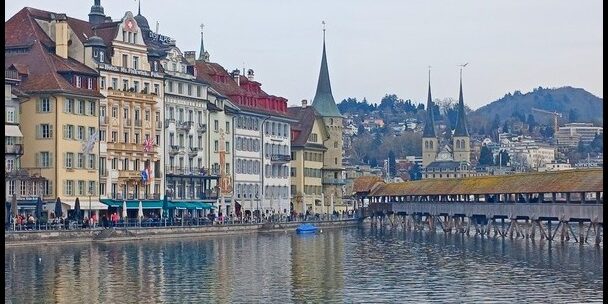
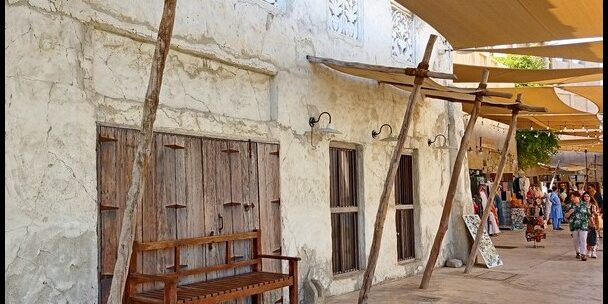
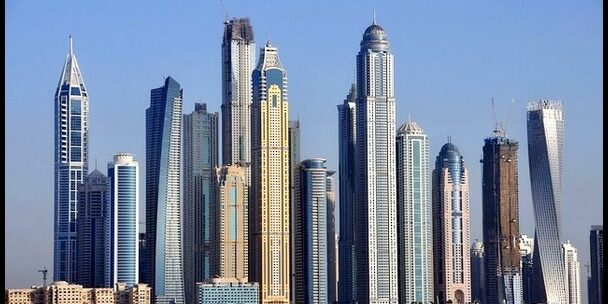
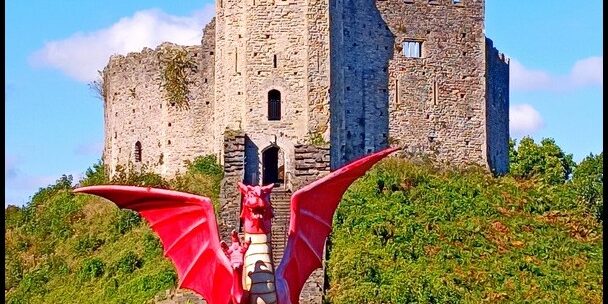
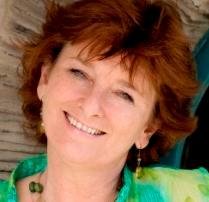
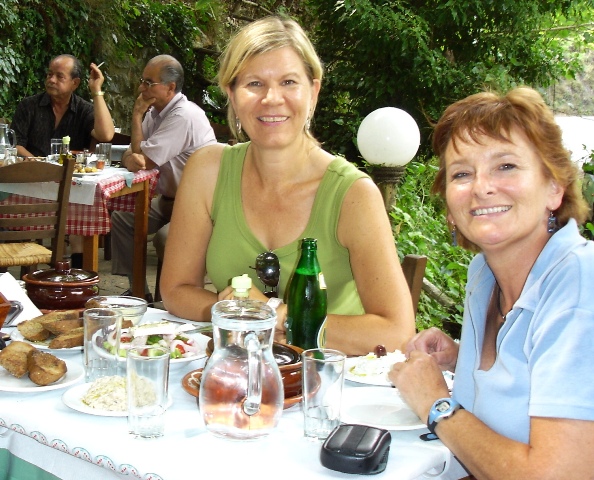
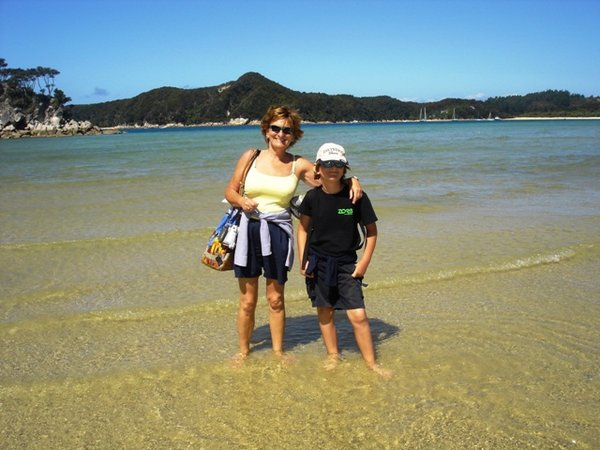
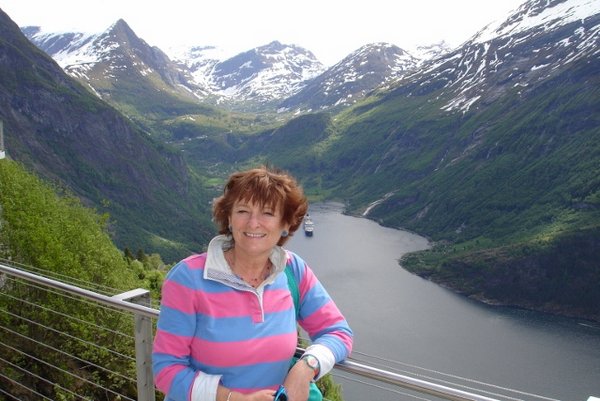
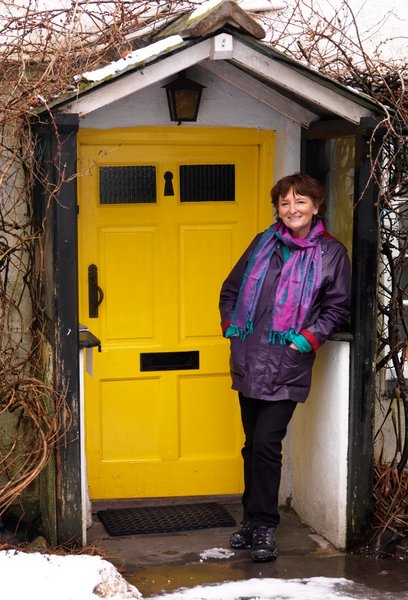
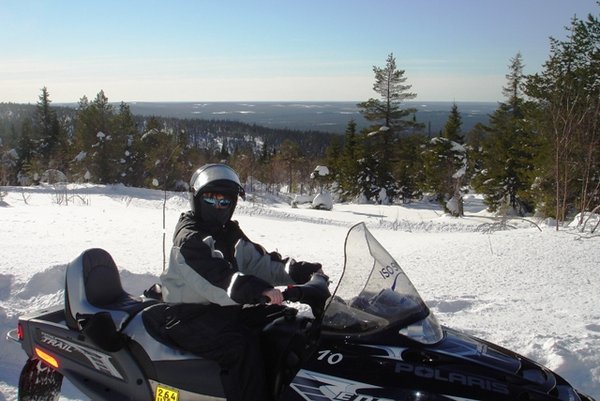
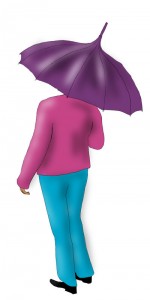
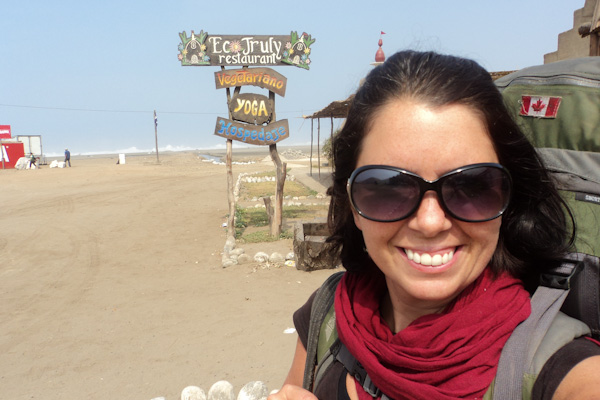
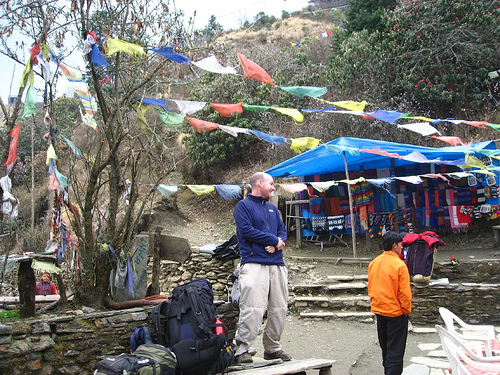

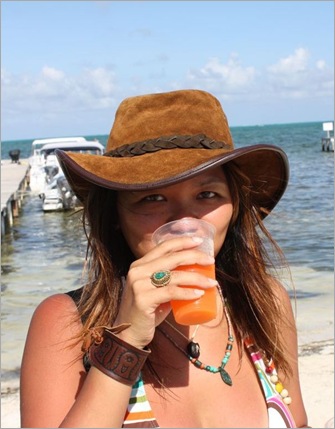

 Hi! I'm Lash, an American nomadic world traveler who's been traveling solo since 1998. I’m passionate about traveling the world nomadically and then sharing it all with you. I hope to inspire you to travel the world, to entertain you with tales from the road, and to help you reach your travel dreams. Welcome!
Hi! I'm Lash, an American nomadic world traveler who's been traveling solo since 1998. I’m passionate about traveling the world nomadically and then sharing it all with you. I hope to inspire you to travel the world, to entertain you with tales from the road, and to help you reach your travel dreams. Welcome! 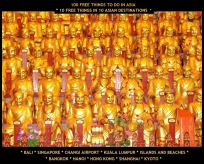


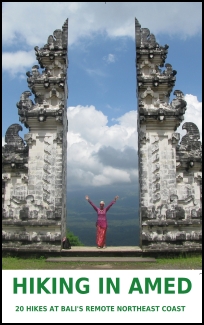
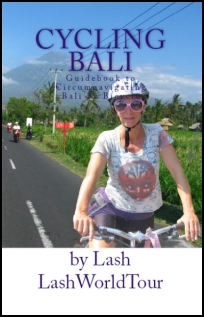
4 pings